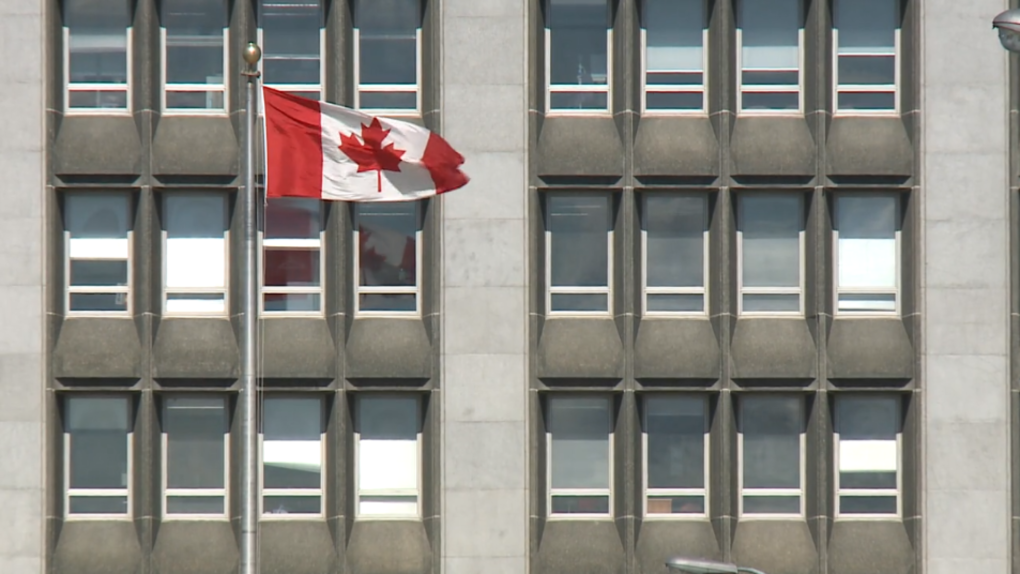
Federal government employees will be required to spend three days a week in the office, starting this fall.
The Treasury Board Secretariat announced the new hybrid work policy for workers in the core public service across all departments in Ottawa and across Canada on Wednesday.
“As of September 9, 2024, public servants in the core public administration (CPA) who are eligible for a hybrid work arrangement will be required to work on-site a minimum of three days per week,” said a statement on the Treasury Board website.
“To ensure leadership and effective support for their teams, executives are expected to be on-site a minimum of four days per week as of the same date.”
In March 2023, the federal government implemented the current hybrid work policy requiring federal public servants to work in the office two or three days a week, or 40 to 60 per cent of their regular schedule.
The Treasury Board notes the contract negotiations with federal unions in the spring of 2023 saw the employer sign letters of agreement on telework that “sit outside of collective agreements.”
“These letters of agreement confirm the shared understanding of telework between bargaining agents and the employer,” the government said. “The direction on prescribed presence in the workplace and the Directive on Telework continue to apply.”
According to the letter of agreement, telework arrangements are subject to regular review “and may be terminated by either party at any time with reasonable notice.”
“Telework arrangements can be initiated by the employee, are voluntary and require the mutual agreement of the employee and the Deputy Head or the authorized representative within each department or organization,” the agreement said.
The Public Service Alliance of Canada said earlier this week that it had not been consulted on changes to the hybrid work model, after published reports suggested the government was going to announce the new policy this week.
The federal union says its members “overwhelmingly report” that the current mandate of 40 per cent of the time in-office isn’t being “consistently or equitably enforced by most departments and managers.”
“When workers come into the office, many already have trouble finding adequate space to work, and often end up spending their office days on virtual calls with colleagues nationwide without ever meeting in person,” PSAC said.
The Professional Institute of the Public Service says the changes to the hybrid work model are “deeply concerning.”
“We urge the government to halt its push towards arbitrary and one-size fits all policy changes and to engage meaningfully with us to develop a rational and flexible telework policy,” PIPSC said in a statement released shortly before the federal government’s announcement.
“Public service workers deserve a fair, well-defined approach to hybrid work that considers health, safety, and operational efficiency while delivering the services Canadians rely on.”
The federal government is mandating employees back to the office as it aims to reduce its real estate portfolio. Last month’s budget directed Public Service and Procurement Canada to reduce its office portfolio by 50 per cent, enabling federal office buildings to potentially be turned into homes in Ottawa. PSPC has over six million sq. m. of office space, with an estimated 50 per cent of the space underused or vacant, according to the government.
The new directive requiring federal employees to spend more time in the office comes just over a month after Premier Doug Ford called on Prime Minister Justin Trudeau to have employees to return to the office to help boost the downtown economy in Ottawa.
“I know a lot of people love working at home and that’s fine, but we need the federal government to get government workers back into the office — even a few days,” Ford said on March 28.
“What it does is it’s a real massive boost to the transit ridership, it’s huge, and the downtown economy. Without the people down there, the economy starts dying, the restaurants start hurting and everything else starts hurting. Hopefully, the prime minister will call people back to work.”